Opinion: Xi Jinping at Davos - A big step towards reforming global governance
2017-01-15 21:00 GMT+8
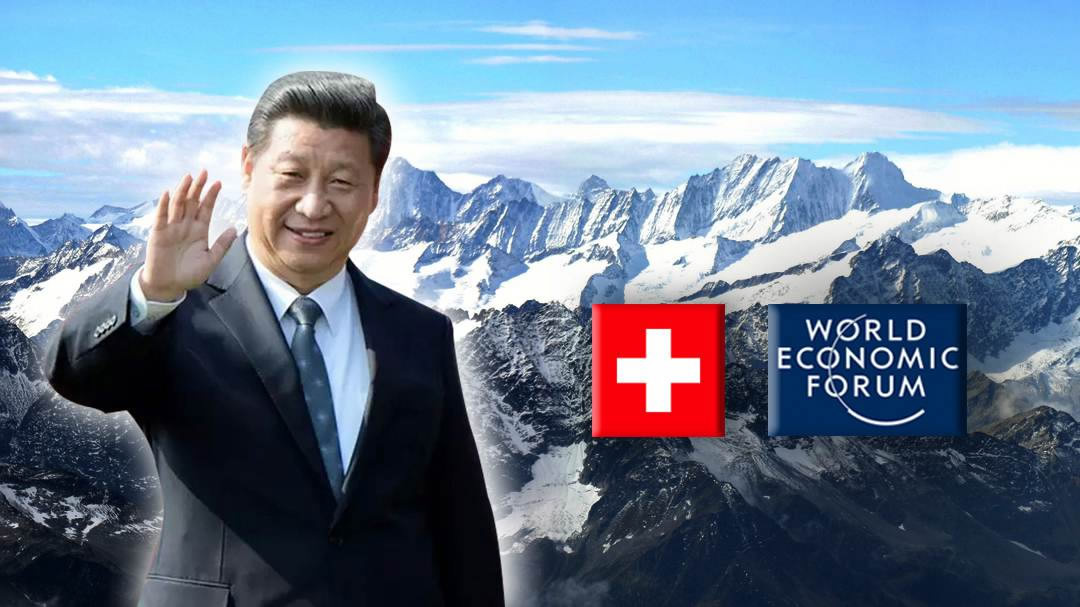
Editor
Yao Nian
Guest commentary by Chen Fengying
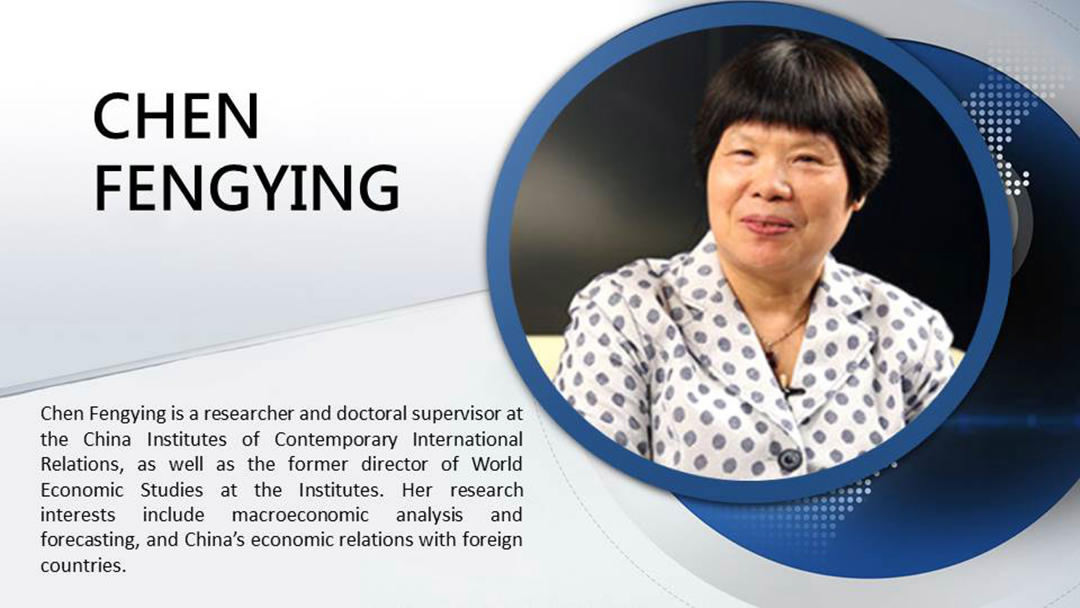
The World Economic Forum Annual Meeting 2017 is taking place from January 17 to 20 in Davos, Switzerland, with the theme of “Responsive and Responsible Leadership.” It aims to engage global leaders in reviewing existing international systems that have supported global cooperation, and in reshaping and forming new international systems that are suitable for a more complex and multipolar world, so as to practically promote inclusive development and equitable growth. Chinese President Xi Jinping has been invited to attend the forum, and will give a keynote speech on China’s solutions to major issues concerning global development, global governance and international systems.

CFP Photo
President Xi’s attendance at Davos can be regarded as one of the most significant global events of early 2017, receiving a high degree of attention worldwide. It is widely acknowledged that the world continues to face unprecedented uncertainties and challenges.
Firstly, the global economy is still in a deep period of adjustment, and finds itself plagued by sluggish recovery and weak growth.
Secondly, the US Federal Reserve raised interest rates in December 2016 for the second time in a decade, a move which increased financial risks, shocked foreign exchange markets, sent stock markets soaring and aggravated the issue of “asset shortage.”

The US Federal Reserve raises interest rates for the second time in a decade on December 15, 2016. /Xinhua Photo
Thirdly, the vicious circle of high debt and slow growth poses a significant threat to the healthy development of the global economy.
Lastly, movements like populism, protectionism and deglobalization are all prevailing, as evidenced by the Brexit vote in the UK, Donald Trump’s shock election victory in the US and the rejection of constitutional reform in Italy. With concerns over upcoming elections in France, Germany and the Netherlands, there is a political storm brewing in the West this year, threatening to unveil obvious systemic defects.
At the G20 Hangzhou Summit, President Xi quoted classical Chinese, saying in earnest that the governance of a country should be based on simple customs, procedures, improved infrastructure, convenience for business transactions and preferential agricultural policies. His words made clear the importance of building an open global economy.
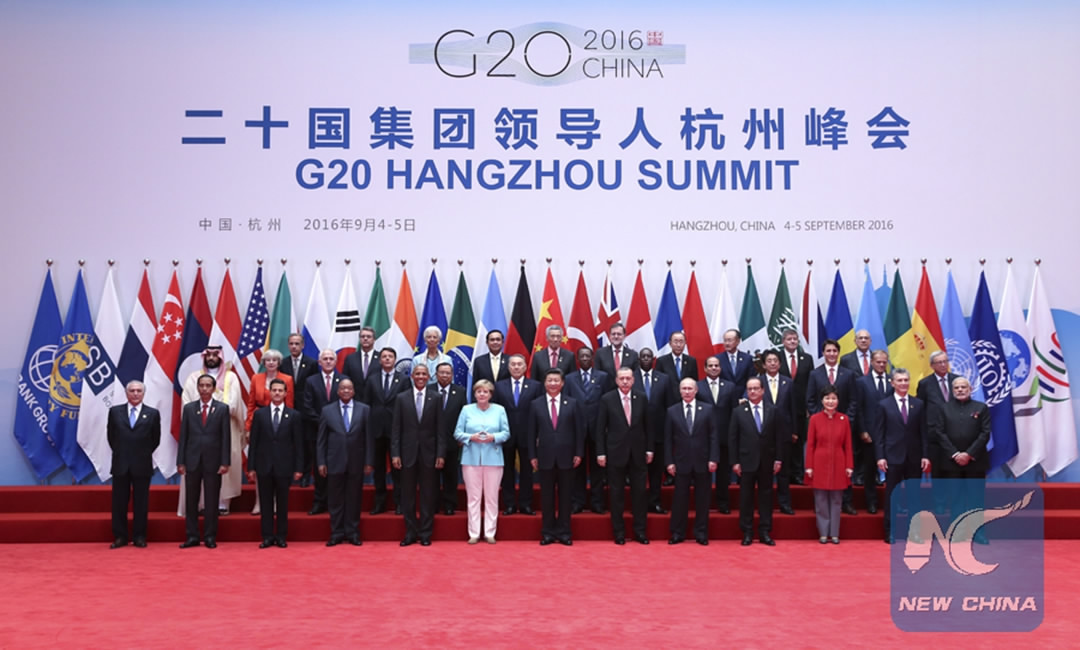
Chinese President Xi Jinping and other leaders of the Group of 20 (G20) members, some guest countries and international organizations pose for a group photo ahead of the opening ceremony of the G20 summit in Hangzhou, China, on September 4, 2016. /Xinhua Photo
As is proved by history, openness brings progress, while close-door policies lead to backwardness. For one nation to seek benefits for itself at the expense of the interests of another country would ultimately harm both. In the age of globalization, economies are highly interdependent, and stand or fall together. No country can seek development on its own, and pursuing win-win cooperation is the right choice.
In addition, peace is the prerequisite for global development. In a multipolar world, countries are closely related in terms of security, which requires all to abandon the Cold War mentality and embrace common, comprehensive, cooperative and sustainable new security concepts. Disputes should not be resolved via confrontation, but through consultation instead. Consensus should be reached and not broken. Conflict should be ended rather than provoked. It is through these means that the international order can be pushed forward, towards justice and reasonableness.
Opening up to the world is China’s fundamental national policy. The country has made a strategic choice, as it pursues a policy of continuous opening up, based on mutually beneficial cooperation, carried out in a progressively more comprehensive, profound and diversified way.
In reality, China’s development has benefited from international cooperation, and today it is looking to provide the international community with even more shared benefits. Three years ago, President Xi announced the Belt and Road Initiative, a proposition welcoming countries along the route and around the world to ride with China on its route towards development, promising opportunities and prosperity along the way.

CFP Photo
China is resolute in its principle of “joint consultation, joint construction and joint benefits.” This approach seeks to meet the interests of all, and is guided by the Silk Road spirit of peaceful cooperation, openness and inclusiveness, win-win partnership, and learning from each other to forge a community of common interests, common responsibility and a common destiny. The United Nations General Assembly’s 71st session in September 2016 included the Belt and Road Initiative for the first time, with the proposition gaining unanimous approval from member countries, reflecting wide support from the international community.
The pursuit of harmony and coexistence via concerted and strenuous efforts has been a concept carried down throughout the history of the Chinese nation. It also represents the very essence of Eastern civilization. China has always looked to work with the international community to explore new patterns of global governance, and has established new international relations with win-win cooperation as a core aim. The country has worked with the US to build up a new relationship model, based on there being “no conflict or confrontation, and mutual respect.”
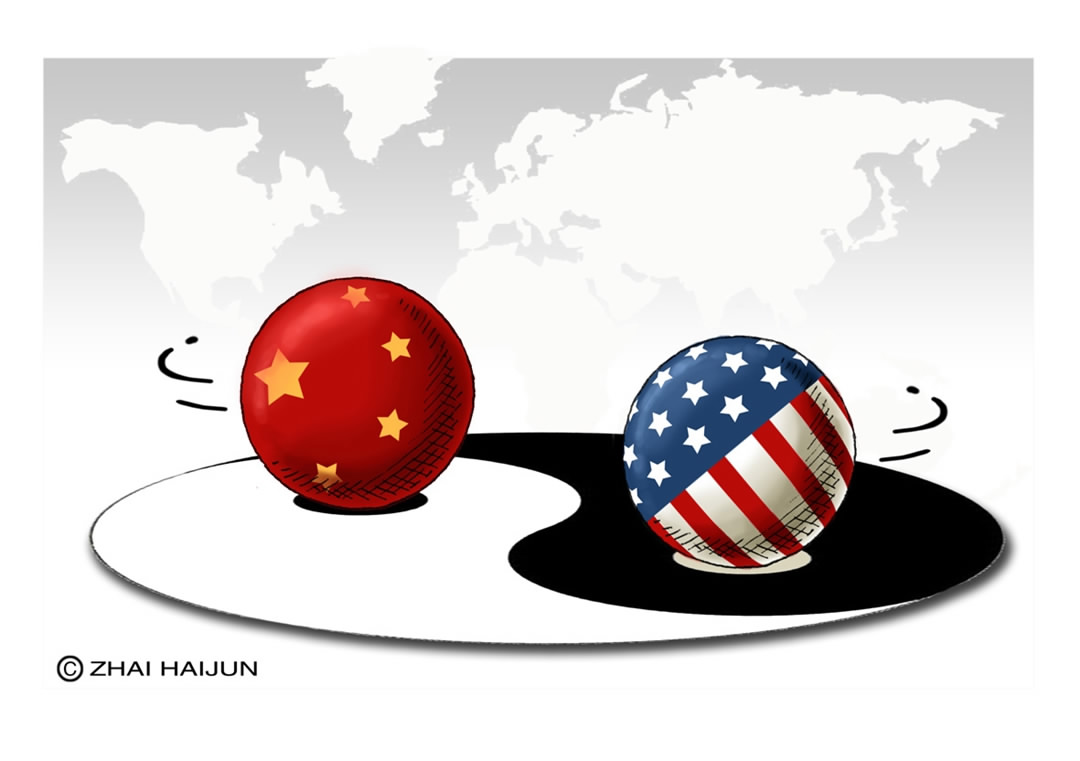
CFP Photo
China has also been working with developing countries to uphold a correct and appropriate approach to justice and interests, while it has always sought to work with its neighboring countries with the principle of “amity, sincerity, mutual benefit and inclusiveness” as a foundation stone. China has proposed new concepts on the idea of a community of common destiny, initiating the principle of “joint consultation, joint construction and joint benefits.” All of the above work in tandem with the times we live in, meeting the interests of partners while continuing to be in favor of seeking out more shared interests.
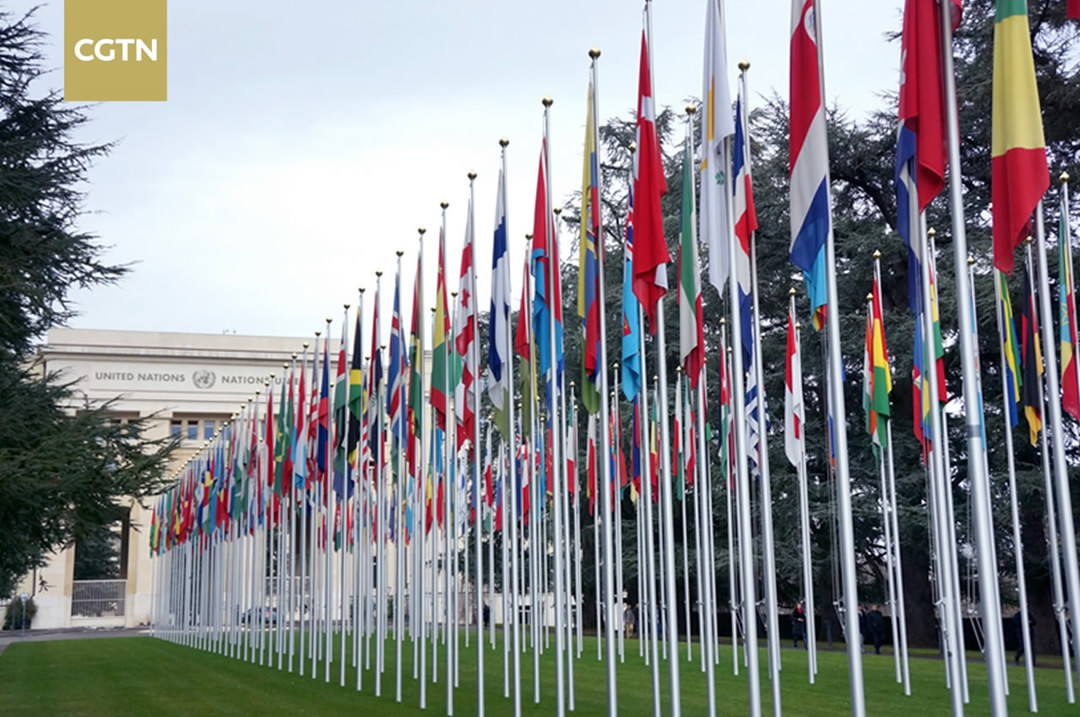
Palace of Nations /CGTN Photo
Undoubtedly, the process of reforming global governance would be a long and complicated process, which cannot be achieved overnight. The process has already been underway since the 2008 financial crisis, and has been accelerated by the replacement of G7 by the G20 as a global governance platform. Davos will play host to President Xi this year, as he looks to present China’s views and solutions on the reform of global governance.
Copyright © 2017
